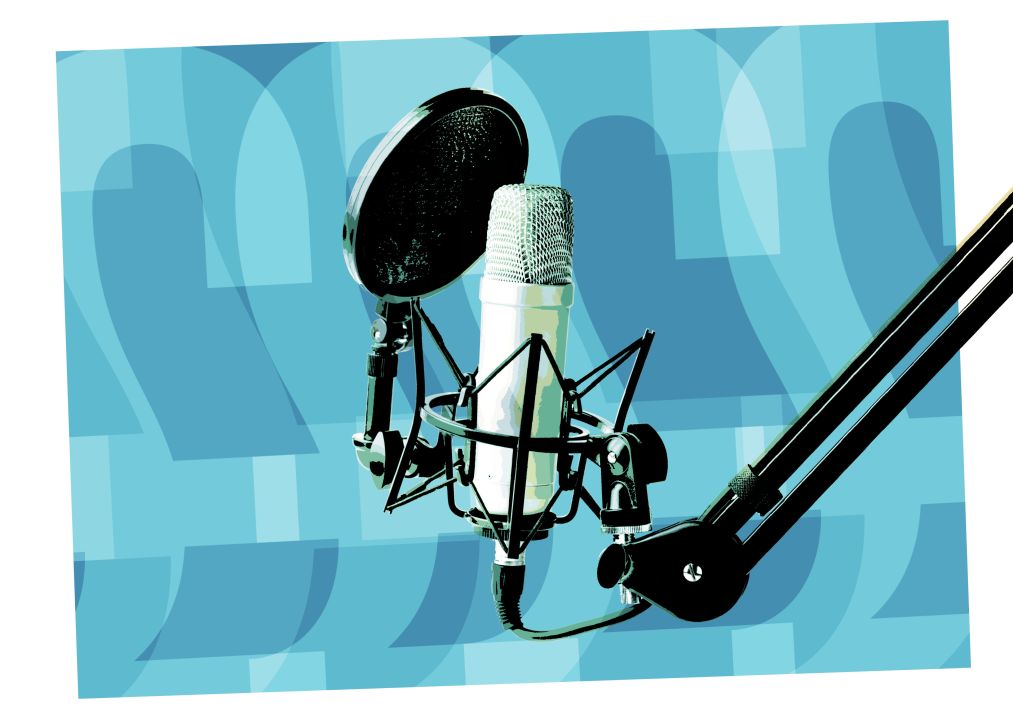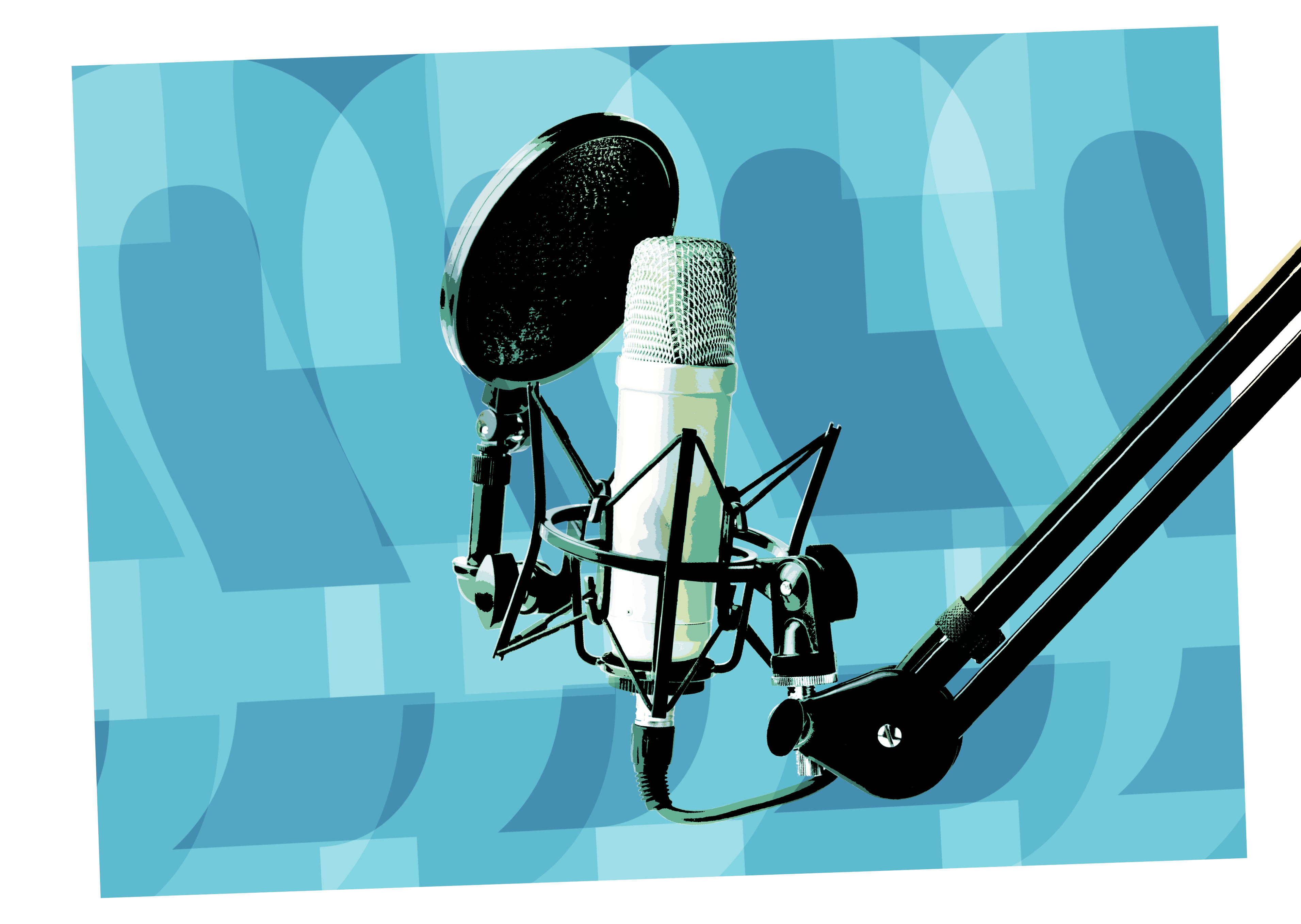I’ve spent most of my working life producing radio commercials. You might expect me to say this, given my job, but when hosts read out ads on their own podcasts, I find it embarrassing. On commercial radio and television, viewers and listeners have always understood that the ads pay for the programmes and they’re fine with that – on one condition. The ads must be separated from the programmes in a commercial break.
This has always been the unspoken agreement between advertisers and their audiences: a programme might be interrupted but at least it stays honest to itself. Podcast hosts are trashing this time-honoured contract when they read out the ads themselves.
Authoritative people such as Dominic Sandbrook and Tom Holland on The Rest is History, or Konstantin Kisin and Francis Foster on Triggernometry, risk appearing disingenuous and cheap. It’s so jarring to hear them interrupt their own informative dialogue to read out copy for money, saying things they almost certainly don’t believe. It somehow makes us slightly more suspicious of everything else they say.
On TV, this would be unthinkable. Imagine an episode of Downton Abbey in which Lord Grantham suddenly turns to camera and says ‘Hi, I’m Hugh Bonneville and I’ve just bought the new Samsung Galaxy S24’, then demonstrates its features by WhatsApping a photo to the butler.
The better the podcast, the worse the offence. For me, podcasts don’t come much better than The Rest is Entertainment. I bow to no one in my admiration for everything Richard Osman and Marina Hyde write, say and do. Everything except for their inauthentic readings of ads on their podcast. The issue here is a big one. Listeners rely on these two for intelligent and impartial recommendations but they’re now making us wonder how impartial they really are.
In a recent episode, sponsored by Sky, they were shamelessly plugging a series called Hacks. Fine. Hacks is a Sky show, Uncle Rupert is paying for their endorsement, we get it. But five minutes later they’re avidly puffing Amazon Prime’s Last One Laughing. How do we know that Jeff Bezos isn’t also paying for their joint effusion? I’m fairly certain that he isn’t but we’re no longer 100 per cent sure. In last week’s episode, Marina went into weirdly gushing detail about Glen Powell’s new range of sauces. And this wasn’t even an official ad. Or was it? Who knows?
When our favourite hosts start trying to flog us products we’re pretty sure they don’t use, it feels like betrayal
When the hosts read out the ads themselves, their independence and integrity is compromised. This is particularly pertinent to podcasts because we develop a far more personal relationship with their presenters than we do on other platforms. Most of the time we switch on the TV or radio without really knowing what’s on; with a podcast we make a very deliberate choice. We have our favourites, based on a liking for the topics and, importantly, for the hosts. So when our favourite hosts start trying to flog us products we’re pretty sure they don’t use, it feels like betrayal.
When I’ve spoken to podcast producers, they try to tell me otherwise. They’ll claim that listeners love these personal endorsements – but I don’t think they do. The hosts are made to read out the ads because it costs nothing and the podcast companies can then charge clients a premium for these endorsements, however fake they might be.
But in doing so, they abase their presenters by turning them into door-to-door salesmen, and not even very good ones. They’re not actors so they tend to deliver their lines badly and awkwardly. They’re either too loud and enthusiastic or they’re flat, monotone and sound slightly ashamed. Which they should be.
All this could be avoided if advertisers ran proper commercials, separate from the programme, just as they do on radio and TV. The hosts can retain their dignity and continue to command the respect of the listeners. Producers should do everything to preserve our sense of trust in presenters – because we love it when they tell us things, but we hate it when they try to sell us things.








Comments